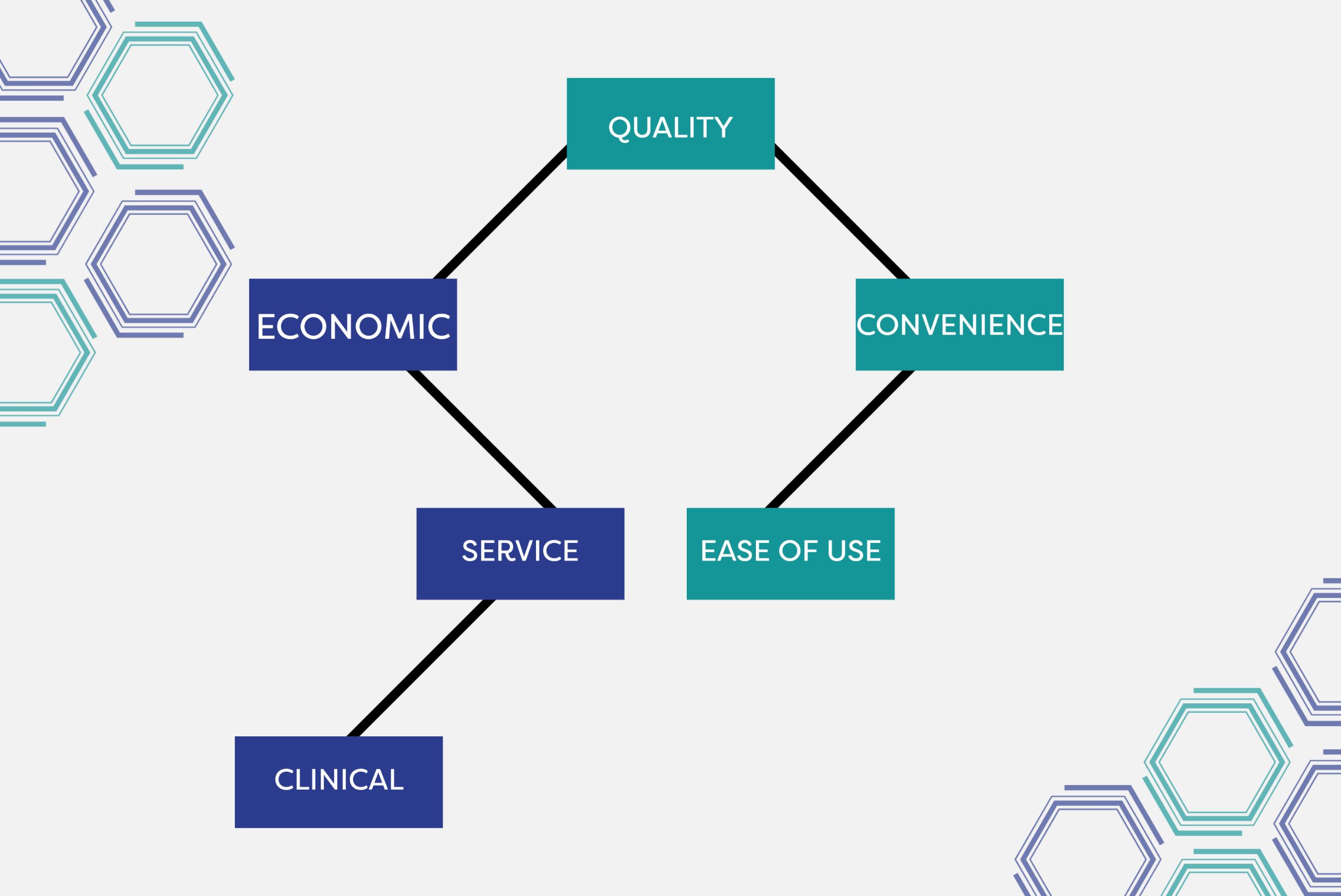In today’s rapidly evolving healthcare landscape, reaching the right stakeholders with the right message at the right time is more complex than ever. Field teams remain a cornerstone of engagement, but even the most seasoned representatives face limitations—time, geography, access, and bandwidth. As we strive for more meaningful, sustained connections in an omnichannel world, Virtual Account Management (VAM) has emerged as a powerful complement, enabling organizations to expand their reach, deepen relationships, and unlock new levels of performance.
The Case for Virtual Account Management
While field teams offer invaluable face-to-face interaction, they often face access restrictions, particularly in specialty areas where providers are time-constrained or dispersed. Virtual Account Management fills critical gaps, allowing healthcare organizations to:
- Maintain continuity between in-person visits through strategic digital touchpoints.
- Engage hard-to-reach providers who may not be accessible through traditional rep channels.
- Prioritize accounts more intelligently, focusing high-touch field resources where they’ll have the greatest impact.
With a VAM layer in place, teams can extend coverage, deliver consistent messaging, and adapt more nimbly to the evolving access environment.
Field + Virtual: A Force Multiplier
When done right, virtual account managers do more than echo field messages—they amplify them. This hybrid model fosters coordination and balance between roles:
- Field reps focus on high-value, relationship-driven engagements.
- Virtual managers reinforce brand messaging, address follow-up needs, and introduce new resources across multiple channels.
Together, they create a surround-sound experience that fosters trust and guides providers through the decision-making process.
Data-Driven Precision
Integrating virtual account management with data intelligence tools—such as predictive segmentation, whitespace identification, and next-best-action algorithms—supercharges targeting strategies. By leveraging insights from prescribing trends, engagement history, and clinical behavior, organizations can determine:
- Which accounts warrant in-person vs. virtual engagement?
- What content resonates best at each stage of the provider journey?
- How to time and sequence interactions for maximum impact.
This kind of precision ensures field and virtual teams operate in lockstep, reducing redundancy and boosting ROI.
Results That Speak
Healthcare organizations that adopt hybrid models often report measurable gains:
- Improved coverage across under-engaged territories.
- Increased HCP engagement rates, particularly among digitally native or access-limited specialists.
- Enhanced agility, allowing commercial teams to pivot rapidly in response to market changes or product needs.
In short, virtual account management isn’t a replacement for field force—it’s an evolution. One that empowers teams to work smarter, adapt faster, and ultimately deliver better outcomes for providers and patients alike.
Closing Thought
In an era where personalization, access, and agility reign supreme, augmenting field teams with virtual account management is not just a trend—it’s a transformation. Those who embrace this model will find themselves better equipped to meet the moment—and the future—of healthcare engagement.








